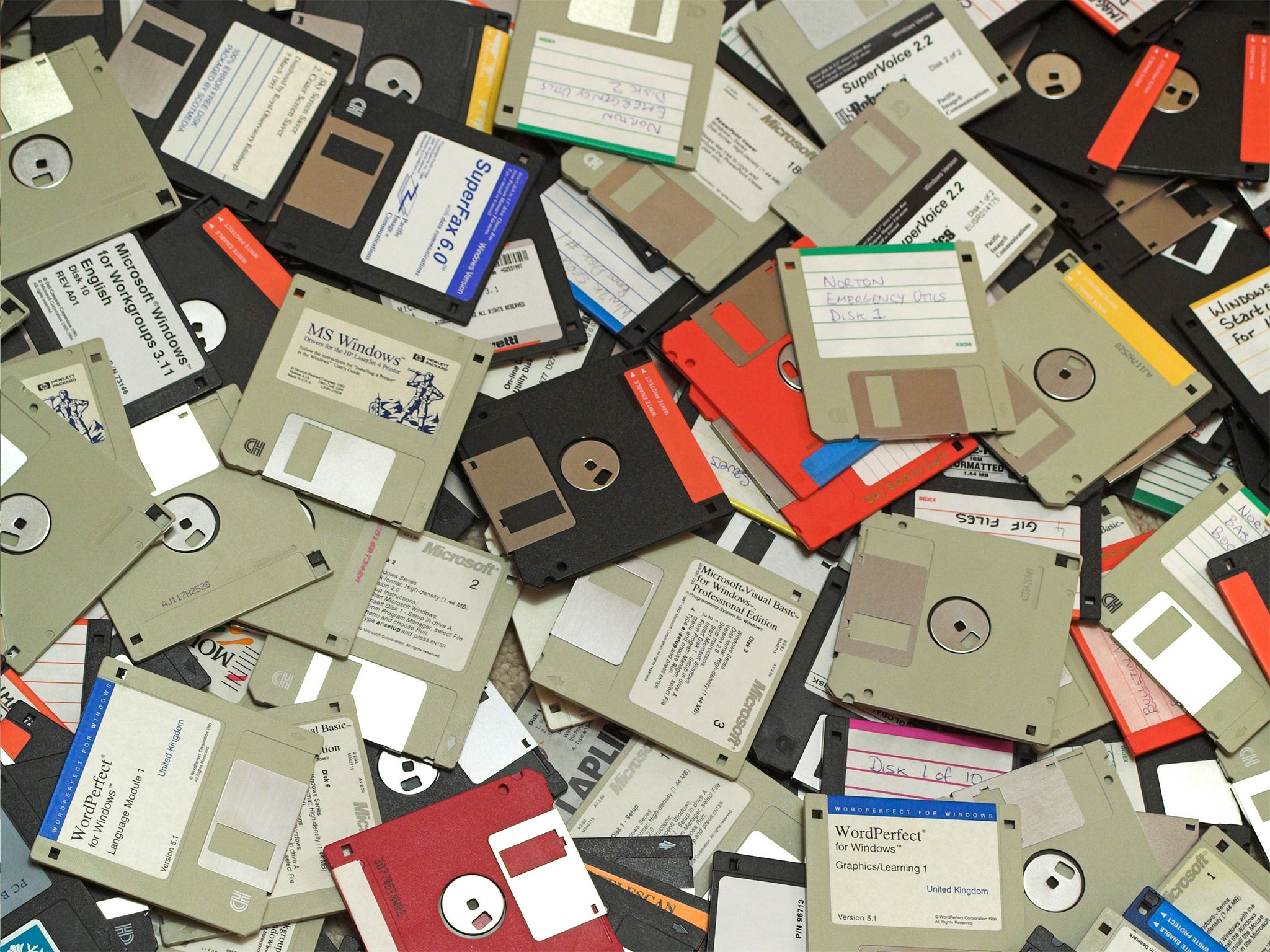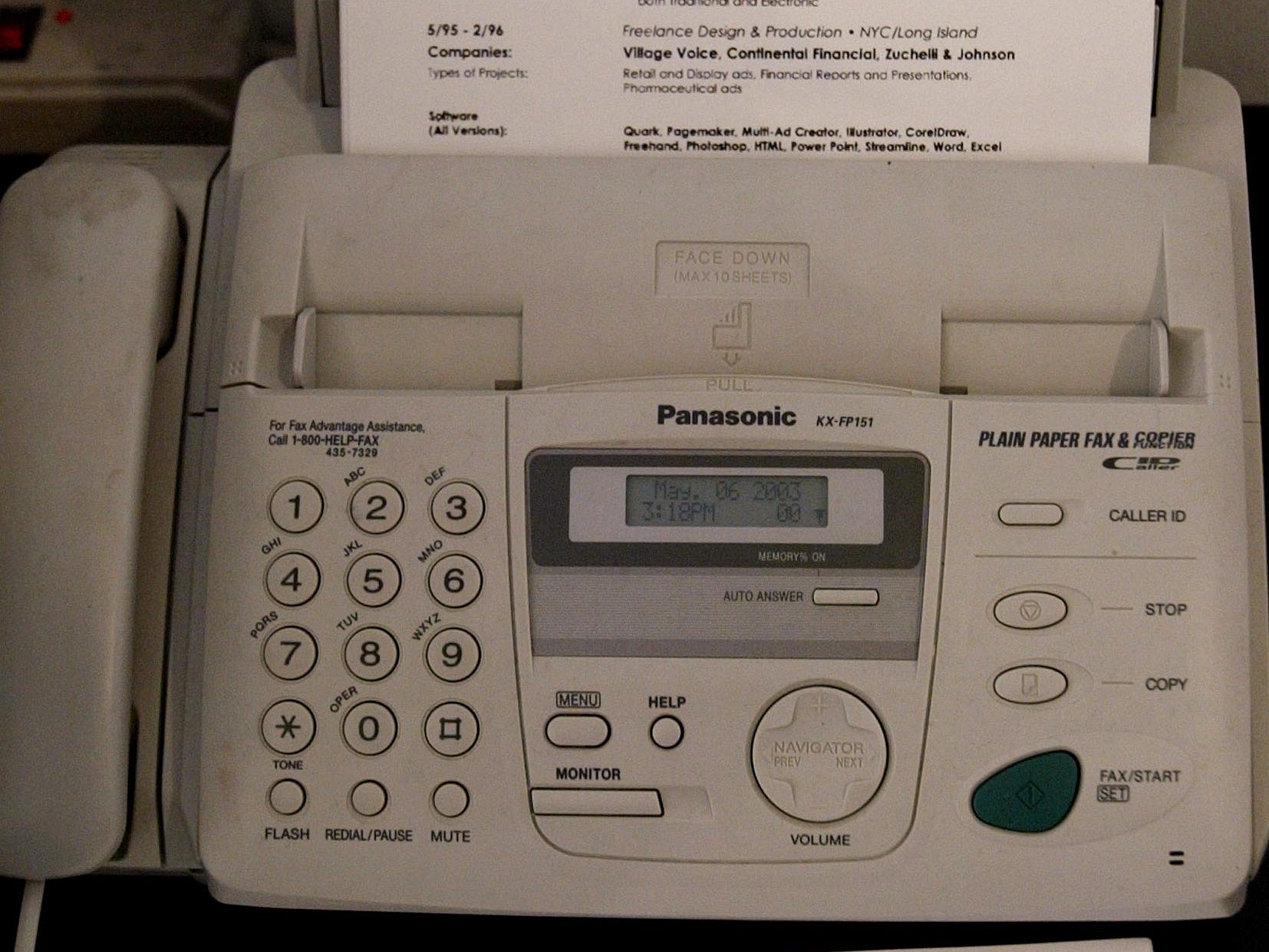Japan declares victory in country’s reliance on floppy disks
‘We have won the war on floppy disks’

Your support helps us to tell the story
From reproductive rights to climate change to Big Tech, The Independent is on the ground when the story is developing. Whether it's investigating the financials of Elon Musk's pro-Trump PAC or producing our latest documentary, 'The A Word', which shines a light on the American women fighting for reproductive rights, we know how important it is to parse out the facts from the messaging.
At such a critical moment in US history, we need reporters on the ground. Your donation allows us to keep sending journalists to speak to both sides of the story.
The Independent is trusted by Americans across the entire political spectrum. And unlike many other quality news outlets, we choose not to lock Americans out of our reporting and analysis with paywalls. We believe quality journalism should be available to everyone, paid for by those who can afford it.
Your support makes all the difference.Japan’s government has finally eliminated the use of floppy disks.
The country has removed the technology from all its systems, two decades since their heyday, reaching a long-awaited milestone in a campaign to modernise the bureaucracy.
By the middle of last month, the Digital Agency had scrapped all 1,034 regulations governing their use, except for one environmental stricture related to vehicle recycling.
“We have won the war on floppy disks on June 28!” Digital Minister Taro Kono, who has been vocal about wiping out fax machines and other analogue technology in government, told Reuters in a statement on Wednesday.
The Digital Agency was set up during the COVID-19 pandemic in 2021, when a scramble to roll out nationwide testing and vaccination revealed that the government still relied on paper filing and outdated technology.
A charismatic figure with 2.5 million followers on X, Kono formerly headed the defence and foreign ministries as well as the COVID vaccine deployment, taking up his current role in August 2022 after a failed bid to become prime minister.

Japan’s digitisation effort has run into numerous snags, however. A contact-tracing app flopped during the pandemic and adoption of the government’s My Number digital identification card has been slower than it hoped, amid repeated data mishaps.
In 2020 Japan’s health ministry finally allowed health centres to report coronavirus cases online, instead of by handwritten faxes, after a doctor lambasted the legal requirement.
Despite the Asian nation’s hi-tech image, many businesses and government offices still rely on fax machines. They are used to generate documents on which officials can stamp their approval with traditional “hanko” seals.
“Come on, let’s stop this,” the doctor, a specialist in respiratory medicine at a public hospital, tweeted.
“Reporting cases in handwriting? Even with the coronavirus, we are writing by hand and faxing.”
He denounced the practice as “Showa-period stuff”, referring to the era of Hirohito’s reign from 1926 until his death in 1989.
“Speed is the key to combating infectious diseases that spread so rapidly. It is a mistake not to utilise modern technology,” one Twitter user said in reply to the doctor’s tweet.
Join our commenting forum
Join thought-provoking conversations, follow other Independent readers and see their replies
Comments